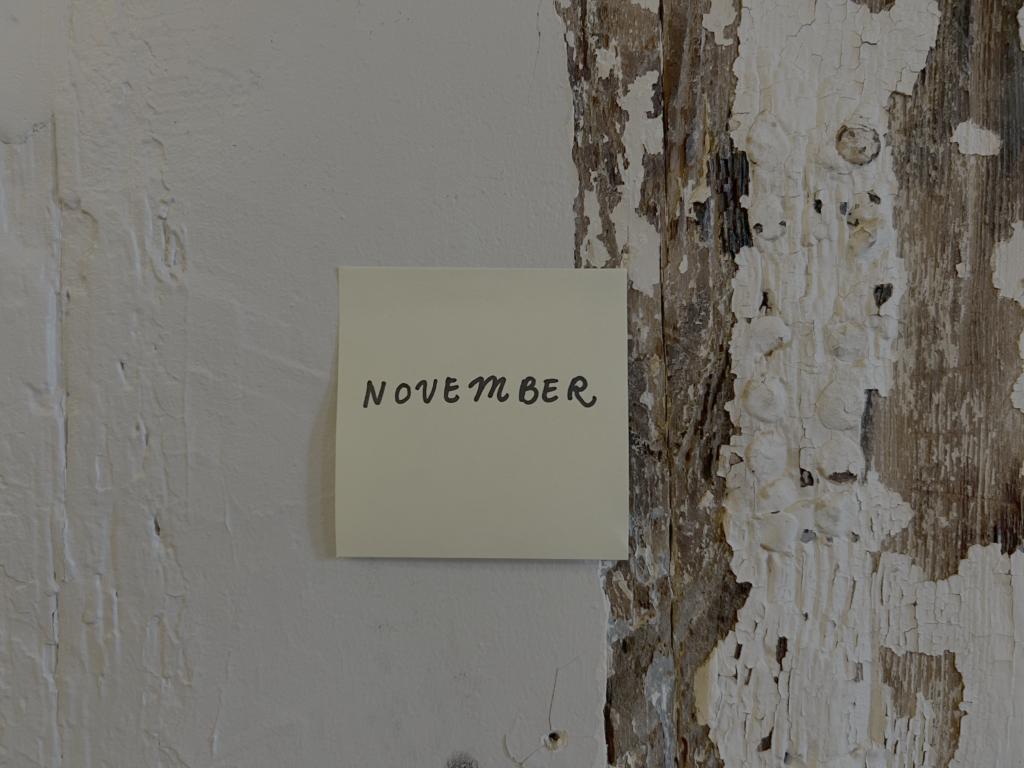Each month, we comb through dozens of soon-to-be-published books, for ideas and good writing for the Review’s site. Often, we’re struck by particular paragraphs or sentences from the galleys that stack up on our desks and spill over onto our shelves. We often share them with each other on Slack, and we thought, for a change, that we might share them with you. Here are some of the curious, striking, strange, and wonderful bits we found, in books that are coming out this month.
—Sophie Haigney, web editor, and Olivia Kan-Sperling, assistant editor
From Kathryn Davis’s Versailles (Graywolf):
I was a pretty girl; I glittered like the morning star. My red lips would open and it was anyone’s guess what would come out. A burst of song. Something by Gluck, a pretty girl in pain maybe, impaled on the horn of the moon. The Kings of France, starting with Charlemagne. A joke.
From N. H. Pritchard’s The Mundus (Primary Information), a work originally begun in the sixties and described by its author as “a novel with voices,” “an allegorical romance, a poem in prose form,” and an “exploded haiku.” Paul Stephens, in his afterword, recommends that it is best “viewed, read out loud, meditated upon—possibly chanted or even absorbed as a collective trance.”

From Izumi Suzuki’s Set My Heart On Fire (Verso), first published in Japan in 1996 and translated by Helen O’Haran:
“Very womanly thing to say. Women are such realists.” Sabu had a different opinion to the comic-book artist.
From Katherine Rundell’s Vanishing Treasures (Doubleday):
Lemurs are strange in the way that the reclusive and wealthy are strange; having had the island of Madagascar to themselves evolve in, they have idiosyncratic habits. Male ring-tailed lemurs have scent glands on their wrists, and engage in “stink-fighting,” battles in which they stand two feet apart and wipe their hands on their tails, then shake the tail at their opponent, all the while maintaining an aggressive stare until one or the other retreats. It feels no madder than current forms of diplomacy. It’s not unusual for female ring-tailed lemurs to slap males across the face when they become aggressive.
From Jane DeLynn’s In Thrall (Semiotext(e)):
“I hope you don’t hate me for saying this, but it’s true … someday, way off in the future, when you’ve moved far away from home, perhaps into a city you’ve never been to (or maybe even heard of), a city perhaps where no Jews live—for sometimes I see you in a strange country and at other times in a small town in California, a small town with white walls and no history—you may miss [your parents], you may miss [their voices], and when you call home to hear it (out of your terrible loneliness), you’ll be in New York City (though you’re ten thousand miles away), and you’ll turn into a child again, even if you’re an old woman like myself. Yes, it’s a terrible irony, but you’ll miss that voice, you’ll tell yourself you’d do anything in the world to hear it again, even for a moment—you’ll wish for it perhaps more than you’ve wished for anything you’ve ever wished for in your life—but even if you flew halfway around the world to hear it, even if you could unpack your bags and settle back on the Upper West Side, you could never hear it again, not really, for it belongs to your past, and you’re moving, however much you want to avoid it, into your future, a future you can’t even delay very much, for it’s there, leaping at you, and you want that too! You want it and you don’t want it—this is how you always seem to feel about things—I mean deep inside—you want them and you don’t want them—except this one time, perhaps the only time in your life, when you’ll want something utterly—with your whole being, and it will be this voice, the voice of your past, the voice of yourself. But you won’t be able to retrieve it, nobody can retrieve it, for it’s lost in the past where your childhood is, your real childhood—not the one you feel like you’ve been living all your life (for, of course, you’ll feel like a child all your life: who doesn’t?) and not the miserable childhood you tell yourself you lived (what adult doesn’t make a myth of his unhappy childhood to redeem the utter misery that is adulthood?)—but the real childhood, the one that happened and the one that you, of course, can never remember: for it’s stuck in the pores of your skin, it’s lost in the marrow of your bones, it swirls around in your blood until it reaches every cell in your body, it flies into the air with every breath you take—you can’t know it because it’s you, there’s nothing else to know, and it will be this way forever! And out there, amidst your bright-white buildings and strange flowering plants in the town that has no past, you won’t be able to remember any of this, for the ‘you’ that was will have gone new places and dreamed new dreams (after a point there’s no room for old ones)—and then, my dear, and only then, will you know what it means to really cry.”

